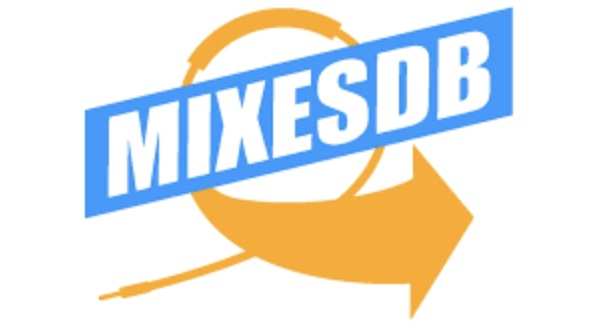
Wahrscheinlich kennen nicht nur alle, die irgendwie mit der Auflegerei zu tun haben, MixesDB. Seit fast 20 Jahren Anlaufpunkt für DJ-Mixe aller Art und Track-ID Lieferant. Die machen zum 29.06. dicht. Grund dafür sind veraltete Website-Codes. Die Seite könne auf modernen Servern so nicht mehr betrieben werden, heißt es in einem Statement. Mach’s gut, MixesDB!
MixesDB will shutdown on June 29, 2024.
The reason for this is rather simple: The website code is completely outdated and cannot be run on modern servers anymore.
For the technically interested audience: The site runs on MediaWiki version 27 (current is version 41.1) and PHP 5.6 (current is PHP 8.3.7). Mostly everything that is not possible on Wikis by default was heavily custom coded by me or its extension is not maintained anymore (e.g. the comments and the foundation of features like the Explorer).
To make it short: The code ran into a dead corner and is not update-able anymore without months of enormous coding effort. And since ads went towards zero months ago and donation models failed years ago, I decided it’s better to shut it down now than later.
I know many of us have put weeks of effort into this database, but this is where we stand.
Download or copy everything you need before June 29th!




